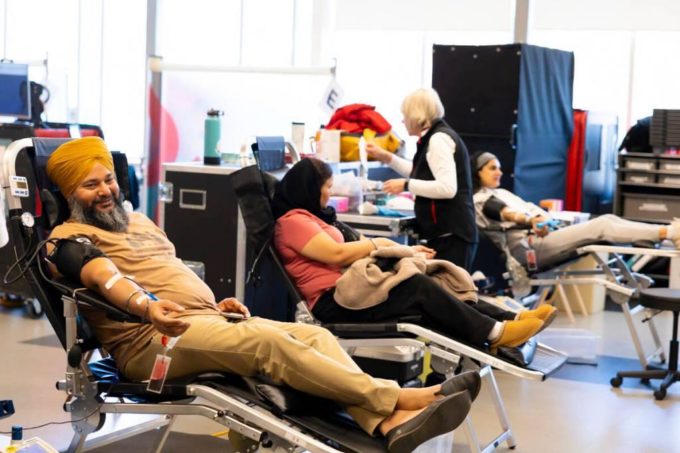U.K. neurologist outlines six simple steps to boost brain health, cut cholesterol and reduce blood pressure—starting with 20 minutes of daily activity.
Brain Health Boost Starts with Simple Daily Habits
Professor Jonathan Schott, chief medical officer at Alzheimer’s Research UK and neurology professor at University College London (UCL), says that small daily habits can significantly reduce the risk of dementia while also lowering cholesterol and blood pressure. His six-point plan for brain health is being promoted nationwide as part of the charity’s summer campaign, Walk For A Cure.
Keeping Mentally Engaged Is Key
Schott emphasizes the importance of staying mentally active through enjoyable hobbies. Whether it’s reading, puzzles, or learning a new skill, consistent cognitive stimulation strengthens brain connections and promotes resilience against cognitive decline.
Exercise Helps Heart, Brain, and Mood
According to Schott, just 20 minutes of moderate-to-intense physical activity three or four times a week can dramatically improve brain and cardiovascular health. Regular movement helps lower blood pressure and cholesterol, reduce weight, and release beneficial chemicals in the brain.
Walking Offers Physical and Social Benefits
Exercise doesn’t need to be strenuous. Schott recommends simple routines like walking daily or using stairs instead of elevators. Alzheimer’s Research UK is encouraging participation in its Walk For A Cure events this summer, offering routes from 5km to full 42km hikes across the country.
Social Connection Supports Cognitive Health
Social interaction plays a vital role in maintaining memory and mental function. Schott encourages people to spend time with others and engage in group activities that provide mental feedback and emotional support.
Blood Pressure in Early Life Matters Most
High blood pressure in a person’s 30s and 40s is a strong predictor of future dementia risk. Schott explains that monitoring and managing blood pressure reduces strain on the brain’s vascular system, preventing long-term damage from clots or vessel rupture.
Online Brain Check Offers Personalized Advice
Schott encourages individuals to complete the Think Brain Health Check-in, a digital tool by Alzheimer’s Research UK that has helped over 500,000 people assess lifestyle risks. The platform provides tailored advice on improving brain health through simple behavioral changes.
National Campaign Encourages Action
As part of ongoing public health outreach, Alzheimer’s Research UK is using its summer events to promote preventative strategies and community awareness. The organization is calling on Canadians and Britons alike to prioritize their brain health today—for a stronger tomorrow.














Leave a comment